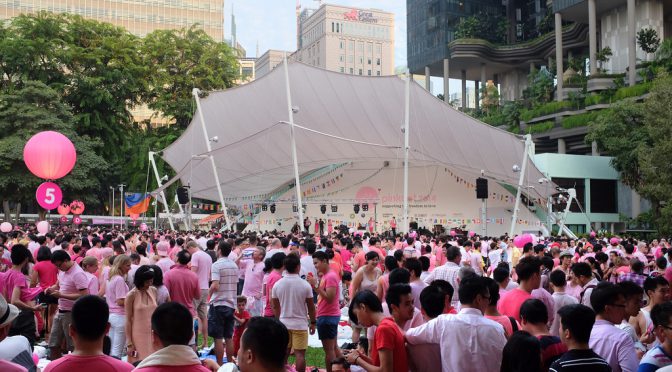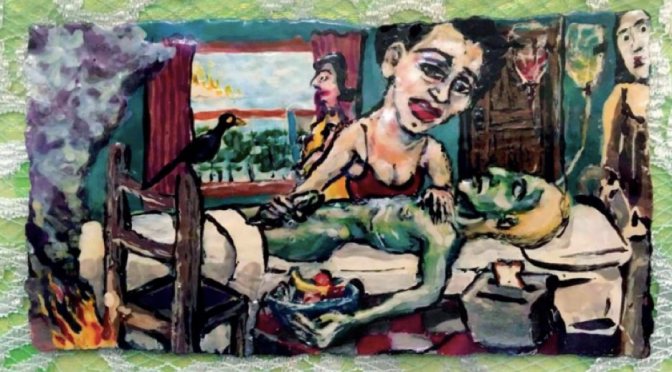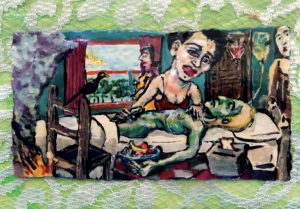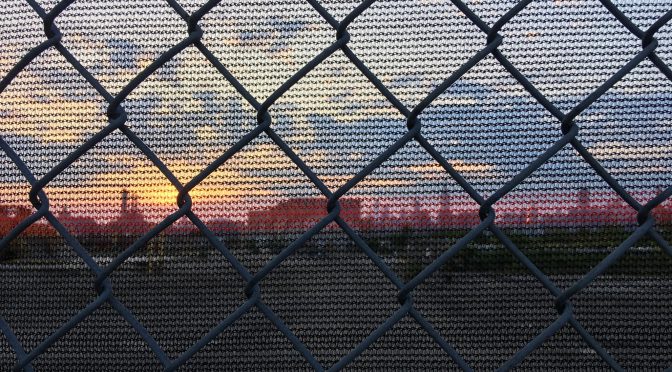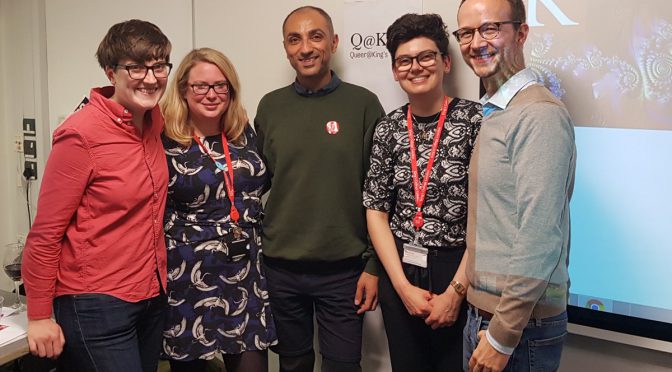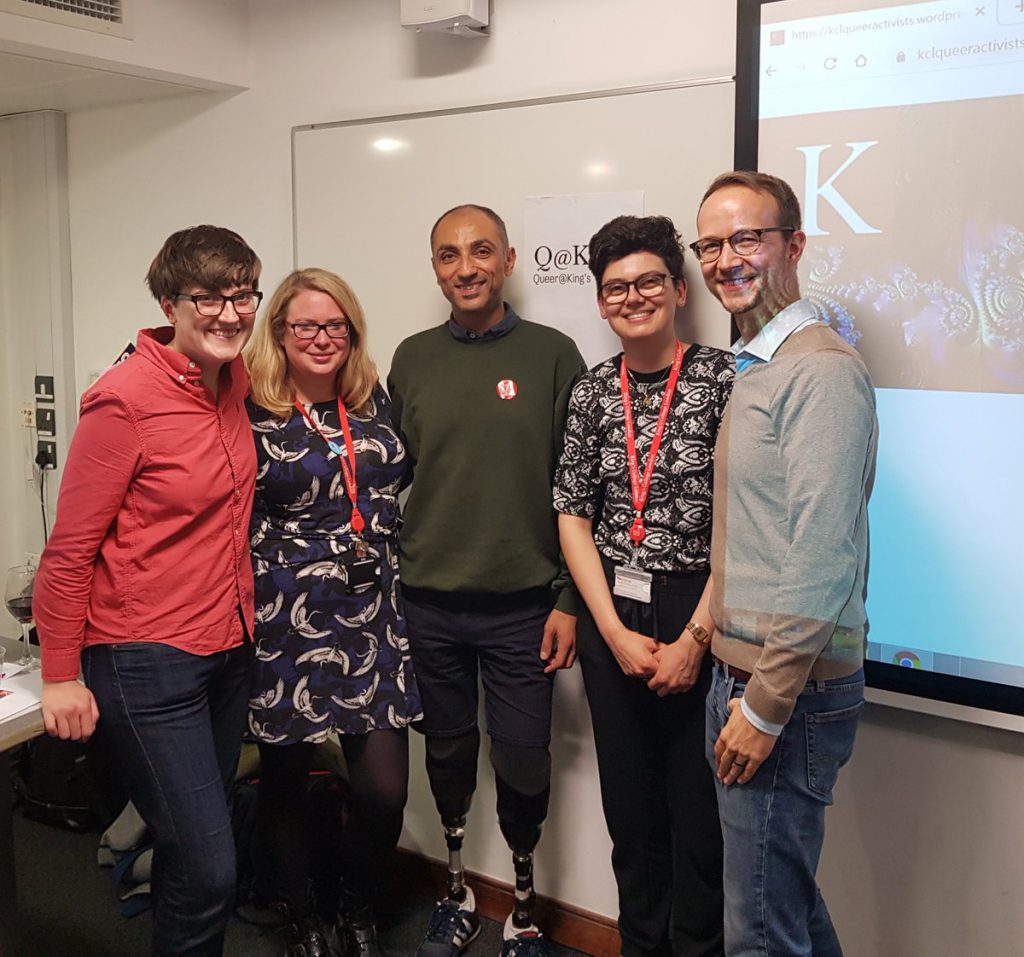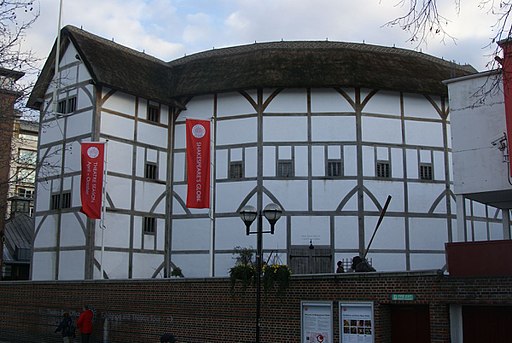by Pavan Mano
PhD candidate Pavan Mano explores how the seeming reticence of Singapore’s biggest queer movement to openly challenge the status-quo is in fact its key organising strength.
Singapore can be a strange country in many ways. And one of those ways is how it projects an image of a modern, forward-looking metropolis whilst remaining home to a backward (albeit unenforced) law in the form of Section 377A – a legislative hangover from British coloniality – that criminalizes sex between men. Section 377A isn’t an anomaly in the Singaporean landscape – it’s merely the most visible symptom of the primacy of place that heterosexuality retains in the country. Which, amongst other things, means that there’s plenty of work for queer movements to do in terms of advocacy and activism. And one of these movements is Pink Dot.

